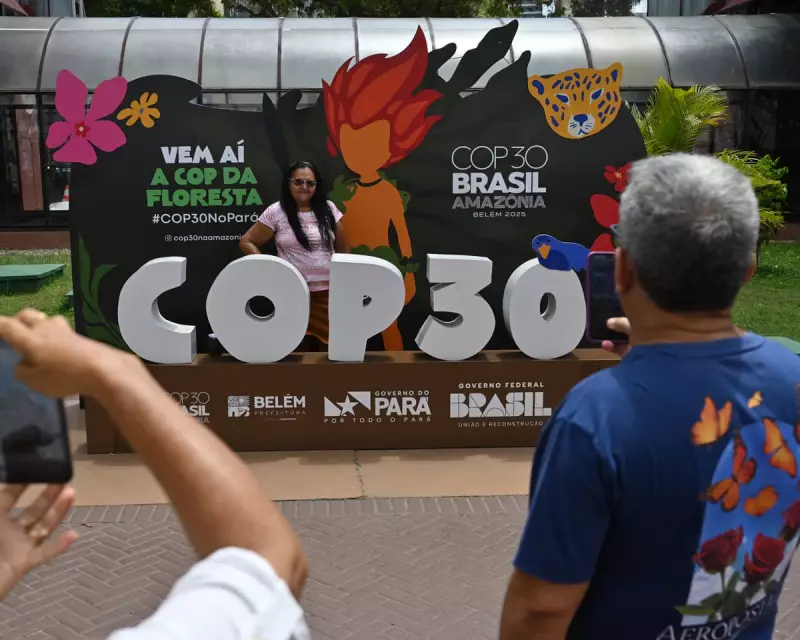
The world's attention turns to Belém, Brazil, where the crucial COP30 climate summit is underway. World leaders have departed, leaving ministers and officials from more than 190 countries to negotiate how to salvage the increasingly elusive goal of limiting global warming to 1.5°C above pre-industrial levels.
The Amazon's Precarious State
Beneath the flight paths of departing leaders lies the Amazon rainforest, showing visible signs of distress from deforestation, drought and the escalating climate crisis. Scientists warn the world's largest rainforest is approaching a dangerous tipping point that could see it transform from a lush, carbon-absorbing ecosystem into a dry savannah, releasing massive amounts of carbon into the atmosphere with devastating global consequences.
This potential collapse represents just one of several climate tipping points that concern researchers. Others include the die-off of coral reefs, melting ice sheets, and methane releases from warming tundra - all of which could accelerate global heating beyond control.
The Rocky Road of Climate Negotiations
Since the optimistic signing of the UN Framework Convention on Climate Change in 1992, progress has been painfully slow. The modern world's deep dependence on fossil fuels, combined with opposition from vested corporate interests and petrostates, has repeatedly hampered meaningful action.
The trajectory has been gradually improving though. From a terrifying 6°C warming projection before Copenhagen in 2009, current national climate plans submitted before COP30 suggest about 2.5°C of warming - still dangerous, but significantly improved.
The Paris Agreement in 2015 marked a turning point, binding all countries to hold temperatures "well below 2°C" while pursuing 1.5°C. This target was reaffirmed at COP26 in Glasgow, where the forecast improved to approximately 2.8°C.
Reasons for Hope Amid the Gloom
Despite the challenges, positive developments offer cause for optimism. Global investment in renewable energy now exceeds $2 trillion annually, doubling fossil fuel investments. China's emissions are stabilising and the nation has become the world's largest user and exporter of renewable energy.
Remarkably, half of cars sold in China are now electric vehicles, while wind and solar power have become cheaper than fossil fuels in 90% of the world. These trends represent potential positive tipping points that could help limit the overshoot beyond 1.5°C.
UK Energy Minister Ed Miliband, speaking in Belém last week, warned against despair. "They want people to turn on the television and think, well, there they go again, talking about this issue where they've made no progress. Theirs is the agenda of nothing can be done," he stated.
While COP negotiations can seem tortuous and tedious to outside observers, they have played a crucial role in driving real-world climate action. As UN climate chief Simon Stiell noted, progress made in negotiating rooms translates to boardrooms and living rooms worldwide.
No alternative forum has emerged that brings all countries together on equal terms to address this complex global challenge. Though COPs alone cannot solve the climate crisis, solving it without them appears increasingly unlikely.





